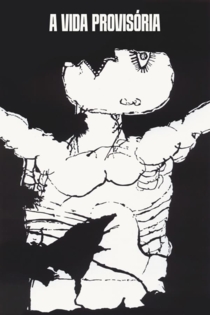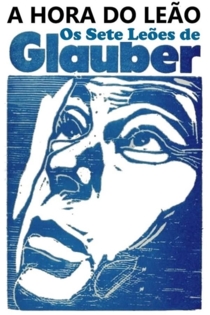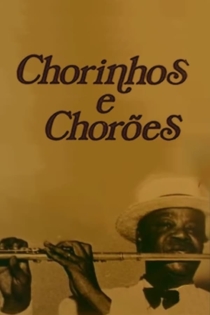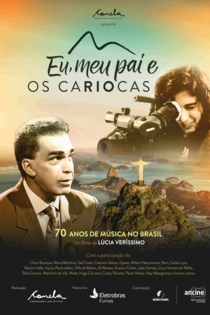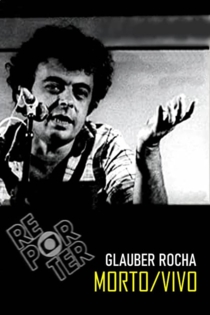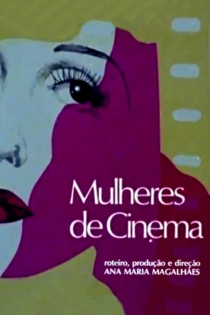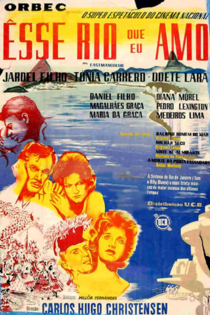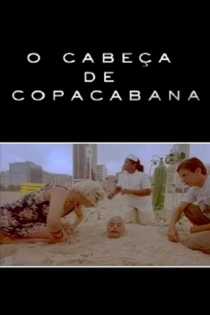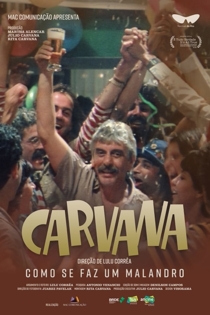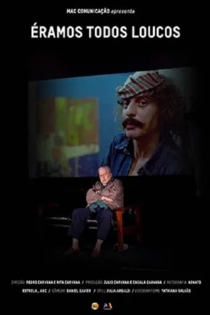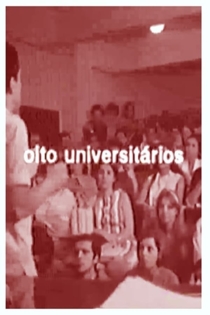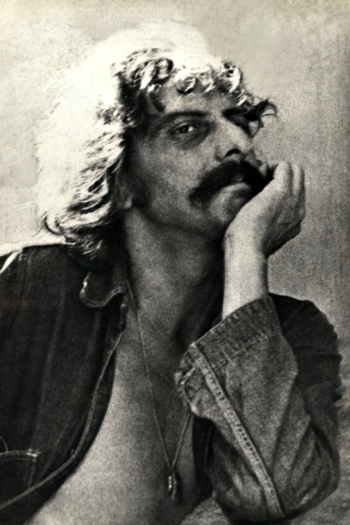
Hugo Carvana
1937 - 2014He later moved on to starring and directing comedies, such as his directorial debut, the self-starred "Vai Trabalhar Vagabundo!" (1973) and his last film "A Casa da Mãe Joana 2" (2013). During his later career, he was also a recurring actor in Brazilian soap operas.
Carvana died in October 4, 2014, from complications caused by a lung cancer.
Depois do Transe
Paloma Rocha, Joel Pizzini
Glauber Rocha, Paulo Autran
The documentary "Depois do Transe" covers the entire process of creating the masterpiece "Entranced Earth", which was released and awarded at the Cannes Film Festival in 1967. "Entranced Earth" charmed the world and won great admirers such as filmmaker Martim Scorsese and the writer Marguerite Duras, who at the time considered a "fabulous filmic opera."
Depois do Transe
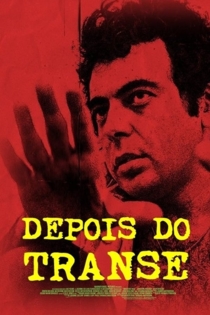
Chico - Artista Brasileiro
Miguel Faria Jr.
Chico Buarque, Marília Pêra
Chico Buarque is a constant presence in Brazil's art scene and makes up its citizen's popular culture. This wealth in music, poems, theater and novels has been created over the last 50 years and in this film Chico Buarque converses about his memories, shows, daily life, work methods, creative process, in summary all his trajectory. The musician’s search for his German brother, whom he never got to meet, serves as one of the axis for the narrative.
Chico - Brazilian Artist
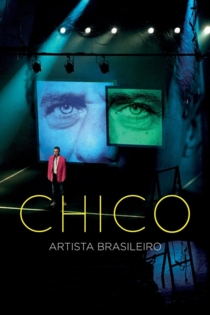
A Vida Provisória
Maurício Gomes Leite
Paulo José, Dina Sfat
During the Brazilian military government, journalist Estêvão is sent from Rio de Janeiro to Brasilia to cover the important statement of a minister, but takes the opportunity to deliver incriminating documents to another one.
A Vida Provisória
